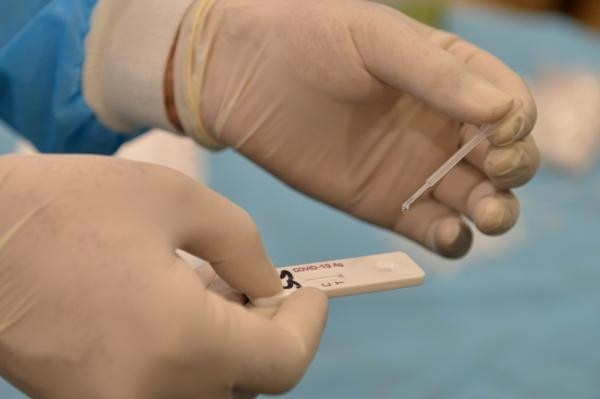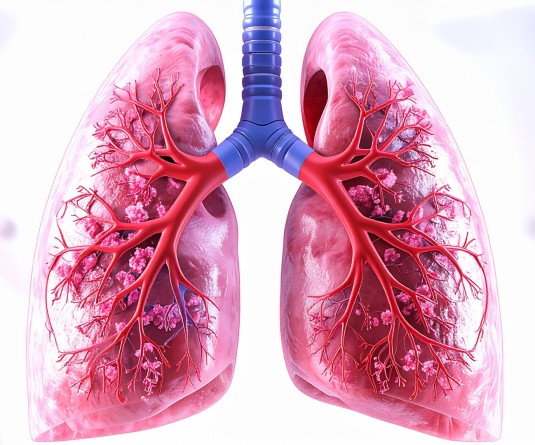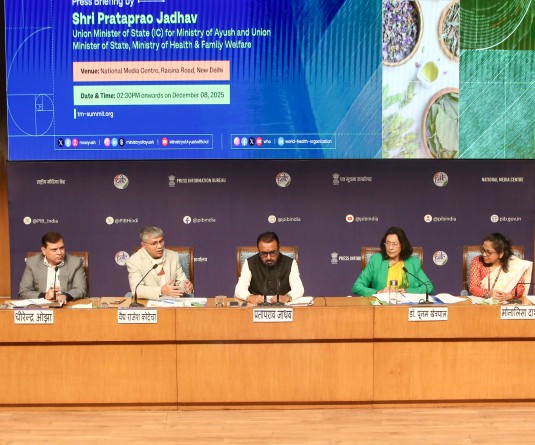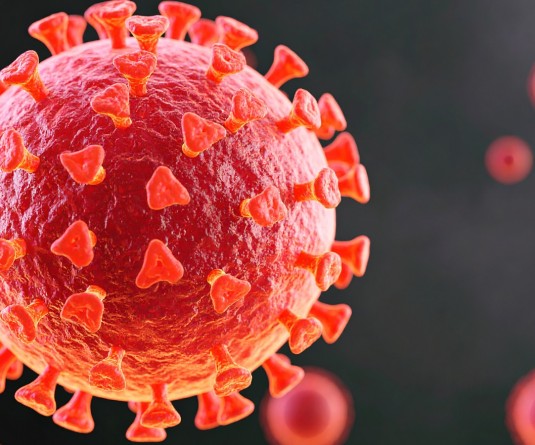
London, March 4 (PTI) Blood groups may play an instrumental role in whether people develop severe forms of COVID-19, according to a study that could pave the way for potential new targets to treat and prevent hospitalisation from the disease.
The study, published in the journal PLOS Genetics, analysed over 3000 proteins to identify which are causally linked to the development of severe COVID-19.
The researchers used a genetic tool to screen over 3000 proteins.
They identified six proteins that could underlie an increased risk of severe COVID-19 and eight that could contribute to protection from severe COVID-19.
One of the proteins (ABO) that was identified as having a causal connection to the risk of developing severe COVID-19 determines blood groups, suggesting that blood groups play an instrumental role in whether people develop severe forms of the disease.
"We have used a purely genetic approach to investigate a large number of blood proteins and established that a handful have causal links to the development of severe COVID-19," said study co-first author Alish Palmos from King's College London.
"Honing in on this group of proteins is a vital first step in discovering potentially valuable targets for development of new treatments," Palmos said.
Assessing how blood proteins are linked to disease can help understand the underlying mechanisms and identify potential new targets for developing or repurposing drugs, the researchers said.
"In our study the groups are defined by their genetic propensity to different blood protein levels, allowing an assessment of causal direction from high blood protein levels to COVID-19 severity whilst avoiding influence of environmental effects," said study co-first author, Vincent Millischer from the Medical University of Vienna.
The study considered two incremental levels of severity of COVID-19: hospitalisation and respiratory support or death.
Using data from a number of genome-wide association studies, the researchers found six proteins that were causally linked to an increased risk of hospitalisation or respiratory support or death due to COVID-19.
Eight proteins were causally linked to protection against hospitalisation or respiratory support or death, they said.
Analysis showed some distinction in types of proteins linked to hospitalisation and those linked to respiratory support or death, indicating different mechanisms may be at work in these two stages of disease.
The analysis identified that an enzyme (ABO) that determines blood group was causally associated with both an increased risk of hospitalisation and a requirement for respiratory support.
This supports previous findings around the association of blood group with higher likelihood of death, the researchers said.
Taken together with previous research showing that the proportion of group A is higher in COVID-19 positive individuals, this suggests blood group A is candidate for follow-up studies, they said.
"The enzyme helps determine the blood group of an individual and our study has linked it with both risk of hospitalisation and the need of respiratory support or death," said study coauthor Christopher Hubel from King's College London.
Researchers also identified three adhesion molecules as being causally linked to a decreased risk of hospitalisation and requirement of respiratory support.
As these adhesion molecules mediate interaction between immune cells and blood vessels this supports previous research suggesting that late stage COVID-19 is also a disease involving the linings of blood vessels, they said.
By identifying this suite of proteins, the research has highlighted a number possible targets for drugs that could be used to help treat severe COVID-19.






